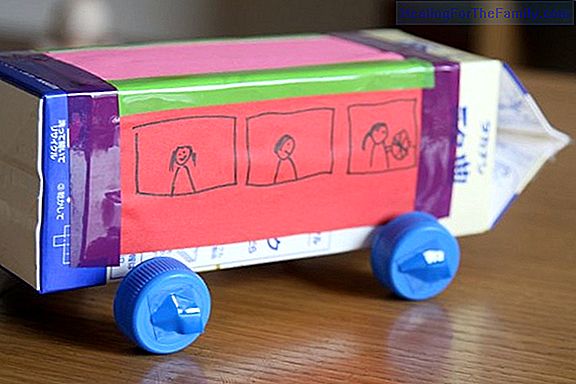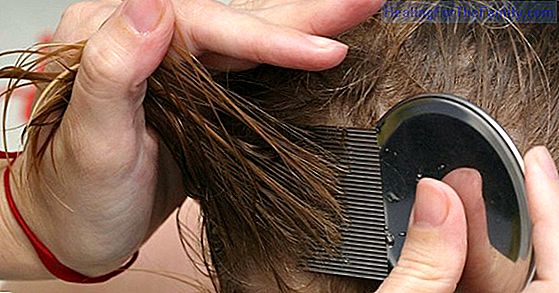Children who do not like themselves
The image one has of oneself is the basis to feel good about ourselves and competent to perform any activity and be able to relate to others in an appropriate way. Accepting ourselves is not something innate, it is important to know the origin and work on it at home to try to improve it. The concept
The image one has of oneself is the basis to feel good about ourselves and competent to perform any activity and be able to relate to others in an appropriate way. Accepting ourselves is not something innate, it is important to know the origin and work on it at home to try to improve it.
The concept that one has of himself is formed by ideas of his own and others (like yours, the teachers or their friends), about the latter is the one that ends up influencing the image of him. When we talk about a child does not like himself, that he does not love, he may not be accepted at a general level or only one or several areas of his life are affected, for example at a physical, academic, emotional or in their relationship others.
Symptoms to recognize if your child does not like himself

Perfectionists and overly critical of themselves Nunca: They never reach the expectations they have and are crushed by not reaching it. In the case of a child with low self-esteem they look for an ideal of perfection thanks to the society in which they live or even with the comparison with others difficult to reach, instead of accepting themselves. For example, "I dream of growing up so as not to be the bass of the class or to see better so I do not have to wear glasses".Sad
: Children who do not like themselves, have great difficulty identifying qualities in themselves and only see the difficulties they have. That's why they have a hard time smiling and they usually isolate themselves. They are children who tell you that "I'm not worth anything" "I'm bad at everything"Insecure
: They have a hard time making a decision and facing something new for fear of making mistakes. Therefore, volunteers rarely appear, despite knowing something. They prefer to say that they do not know to fail in any response. For this reason, they often stop trying to do new things, for example, a new sport or an exit.Need for approval
: They need their parents, friends or teachers to be recognizing the work they do so that they begin to have a positive image of him. Therefore, many turn to social networks as a means to achieve this recognition.How to promote your child's self-esteem so that he accepts himself
If your child does not like himself, listen and let him express what happens to him
: During the day to day it is difficult to take moments to be able to talk calmly with your son. In addition, there are children who are easier to talk than others. So it's important that when you ask about school or about your emotions, be attentive. Leave the distractions and dedicate that moment to him without interrupting him to try to discover the reasons he has not to like.Create a positive climate at home:
For this it is important that you motivate or praise each time you try to do something that costs you and does it well, although that will not be enough but it will help you start to value yourself more. Forget reproaches, comparisons with others or even criticisms or derogatory comments towards him as being "heavy", "you have a behavior of a small child" "you are a whiner" ... Build an environment in which you can explore without fear of failure:
Sometimes playing with your child and having him see that even you can lose or make mistakes can help him immensely. It is not about losing, what will undoubtedly help you a lot will be the attitude you are going to take in the face of these mistakes. Value the effort, not the result
: When a child does not like himself, the attitude you take and the way you approach problems in the first years of your life, will help define the attitude you take with yourself and with your self-esteem at a given moment. Therefore, it is important that you stop giving so much importance to the notes you take out and start realizing that there are other things that are important and that your child has, but perhaps neither of you value.












